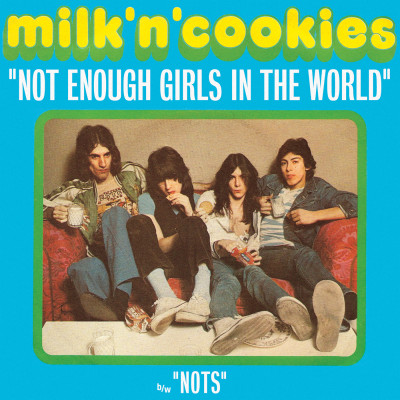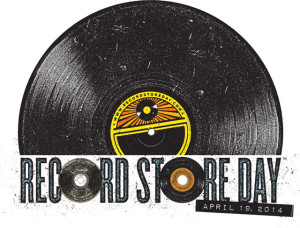She was, of course, referring to the inevitable crowding both inside and out of records stores on what could best be described as the globally-coordinated annual sales event called Record Store Day. A boon to record stores and labels alike, the long-running celebration has morphed over the years into a Black Friday-like spectacle, turning a routine visit for the record collector completely on its head.
A collector’s temperament
Do a quick scan of online discussion boards that concentrate on vinyl releases and you’ll stumble upon quite a few angry criticisms of Record Store Day.

“In my dumb life record stores are about talking to people and asking questions and blustery debates and taking one’s time and wandering around,” wrote Terminal Boredom user LexDexter back in 2012. “Record Store Day is like hurrying up and waiting to stand in a breadline.”
“I’m so sick of RSD. A lot of this is attributable to the fact that the stores I go to set them up for it in the absolute worst possible way. Putting all of the RSD records into a couple of bins where at most 3 people can actually see them and then there’s a sea of 50-100 people behind them elbowing each other for a half hour is infuriating,” wrote Vinyl Collective user Thrift Store in January of this year. “I’ve been in violent mosh pits that were more enjoyable.”
Then again, these are record collectors we’re talking about, a group known for being both critical and anti-social.
So why not just ignore their whining, continue to enjoy the festivities and, if you’re in the record business, reap the rewards? Because on the other 364 days of the year, record geeks are brick and mortar stores’ bread and butter, and if the popularity of the event ever begins to drop — perish the thought — they also have the most potential for keeping the event economically viable.
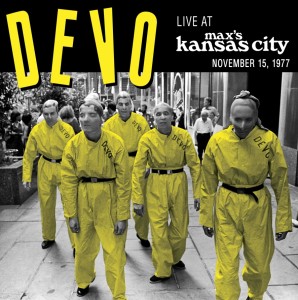
A complete collector exodus from the event is far from happening, as labels continue to release and reissue major wants for many who collect records. But the word going around is that Record Store Day’s vinyl ambrosia – the $50-$200 records being reissued and released just for this special occasion – are typically in-supply at stores long after Record Store Day is over, sometimes at much lower prices, making mandatory attendance moot for those seeking to expand their collections.
Gripe #1 – The Crowds
The issues of long lines and big crowds are the biggest problem for avid collectors on Record Store Day. They turn a normally leisurely trip into a high pressure mission for collectors who are forced to face crowded conditions due to the annual event’s increasing popularity.
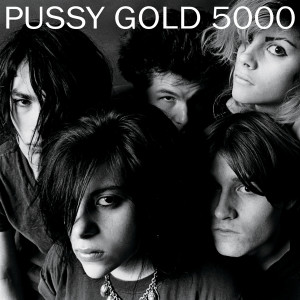
“It reminds me of every other shopping holiday,” says Hennings. “Lines down the block to get into stores, people acting rude and crazy… It’s next to impossible to flip through the bins during the feeding frenzy.”
Obviously the crowds are a sign of a good thing; the event is successful and benefiting the record stores that need it most. If record geeks have a problem with such conditions, they could always wait until later in the day to shop, after the crowds have died down.
But if there’s a record from a particular artist that is guaranteed to sell out and you want that release for your collection bad enough, you’ll brave the crowds, which are mostly made up of “flippers.”
Gripe #2 – Flippers
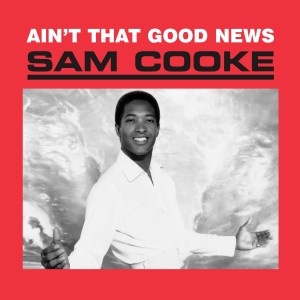
After last year’s Record Store Day, the SF Weekly published a blog post from writer and record store employee Sam Lefebvre about the experience of working during the event. In it, he describes a crowd of zealous record resellers, also known as “flippers,” beginning as early as 4am to line up outside his store. After the doors opened, Lefebvre notes that the stream of customers scrambling into the store to get the most wanted releases were like “dozens of seals jockeying for position, rolling over and jostling one another.”
He goes on in the piece to describe those using the sale to benefit financially as being blatant in their exploitation.
“Many of them grabbed an armful of titles and proceeded to research their potential cash gain with a smartphone before deciding what to invest in,” he wrote.
Days after the article was published, Lefebvre says he was given an ultimatum: have the article removed or be fired. He quit his job at the record store 1234Go! not long afteward.

It is understandable why he would be threatened with losing his job for writing such a piece, in which he described Record Store Day as “a travesty of fandom.” According to owner Steve Stevenson, the store made $40,000 that day — equivalent to what it makes in three months during the rest of the year — and much of that is due to the activities of flippers.
“I’m of the opinion that once you’ve paid for it and it leaves my store, it’s your business what happens next,” wrote Stevenson in the comment section of the article. “If you feel like you can make rent flipping a few RSD records you bought from me, more power to you I suppose. It’s not really the spirit of the day, but then again my store signed a pledge to keep that spirit; the customers did not.”
Stevenson is right, of course; as far as Record Store Day goes, the rules only apply to the labels and the stores. But what isn’t being pointed out by those affiliated with the event is that the flipping of Record Store Day releases is equivalent to scalping tickets, an act of arbitrage that is illegal in many states and countries because it unfairly takes advantage of music fans. Basically, when flippers are allowed to crowd out regular customers and buy up all the merchandise before it can be reached by those who actually want to own the music, real fans suffer.
“These are not customers; they are simply the scummy cream of the capitalist crop that, along with the major labels’ cooperation, will continue to cause feeding frenzies like the [Dave Matthews Band]* eBay flood last year,” writes one store employee who chose to remain anonymous. “Customers are the people who don’t rush in with iPhones buzzing and complain that they can only purchase one copy of any given title, being rude to staff and other patrons to get their flip material. Customers are the ones who drop by and hang out later, after all the insanely limited edition shit is already picked over.”
At the same time, music stores are also getting the shaft. Store owners could increase the prices of limited edition releases to bring them more in line with market values and avoid the drama. But rules imposed by the organization behind Record Store Day ensure that the prices are determined by the labels, not what the market could support.
Gripe #3 – Unwanted Product
The dirty, Soylent Green-like secret behind Record Store Day is that it’s supported on the backs of record store owners, who carry all the risk of an event meant to support and celebrate their work.
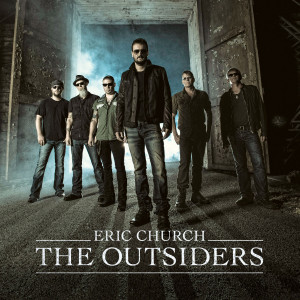
When a store agrees to participate in Record Store Day, it pledges to sell RSD releases on the determined date at prices not much higher than the wholesale costs set by the labels. Along with that, the stores have little control over what exclusive titles they get to sell; they’ll order what they want from the distributor, but that doesn’t mean they’ll receive what they requested. Often stores are saddled with product they wouldn’t want in the first place; many stores are known for their stock in specific genres, IE punk, hip hop, reggae, etc., but they’ll order records for RSD they traditionally wouldn’t carry on the chance they’ll still sell during the event.
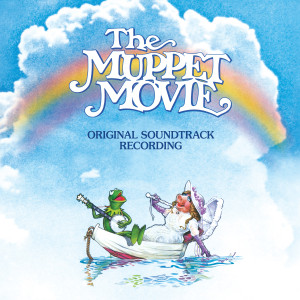
Frankly, much of what is released on Record Store Day is just repackaged versions of records of readily available material (for example, this year’s reissues of Aerosmith’s early albums, which can easily be found at every thrift store and garage sale in America.)
Though a lot of what is released on Record Store Day is in high demand — hence the existence of flippers — a massive chunk is left over year after year to languish in cutout bins, building up in a pile of sad, ignored records at participating stores.
“I’d offer the observation that most record stores are still holding stock from last year’s RSD,” said Lefebvre in a recent email.
Sure, it’s not like there are expiration dates on records (or at least not explicitly), so stores can still make a profit on them years after the event, if they so choose. But this means that, until those records sell, they take up precious rack space that could be put to better use.
In conclusion, it probably doesn’t matter…
With all that being said, there is much for record collectors to love about Record Store Day, especially after the early morning frenzy. Take for example 1234Go!’s plans for this year’s event, which include live music by Ghoul and Occultist, a raffle for a copy of Green Day’s Demolicious signed by frontman Billy Joe Armstrong, and in-store signing by famed Stooges guitarist James Williamson – an event worthy of press on its own merits.
As for record collectors like Hennings, even with all of its downsides, Record Store Day is still worth marking on her calendar.
“I try to avoid it every year, but there’s always one or two random “raers” that send me out on a hunt after the main rush is over (I’ve got a couple on my list this year),” said Hennings. “But if RSD helps keep my local record stores thriving, I hope it continues.”
All images used in this piece are of titles being made available on Record Store Day 2014.
